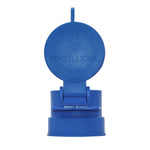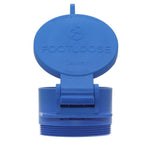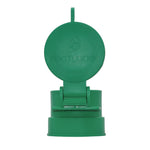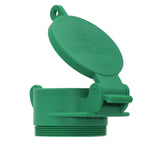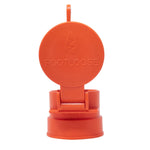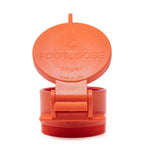You have no items in your shopping cart.
Exploring the great outdoors through RVing and camping is an adventure loved by many. However, the unpredictability of weather can pose significant risks if one is not prepared. In this guide, we’ll cover essential weather safety tips to ensure your outdoor experiences remain safe and enjoyable, regardless of the conditions.
Understand the Weather Forecast
Before you set out on your journey, it’s crucial to check the latest weather forecasts. Websites like the National Weather Service provide accurate and detailed weather updates. Familiarize yourself with the weather patterns of your destination and plan accordingly. Additionally, apps like Weather Underground and AccuWeather can provide real-time updates on your mobile device.
Equip Your RV and Campsite for All Weather Conditions
Waterproofing Your Camping Gear
Ensure that all your camping gear is waterproof. This includes using weather-resistant tents, tarps, and sealing all seams. A well-prepared campsite minimizes discomfort during unexpected rain. For more tips, check out REI’s guide to waterproofing gear.
Preparing Your RV for Severe Weather
Your RV should be equipped to handle various weather conditions. Ensure your RV’s insulation can withstand both high and low temperatures. Keep emergency supplies such as extra blankets, heating units, and fans accessible. Learn more from Go RVing’s weather preparedness guide.
Implementing Lightning Safety
Lightning is a significant hazard while camping. Avoid open fields, isolated trees, and water bodies during thunderstorms. Seek shelter inside your RV, which can provide better protection against lightning strikes. The National Lightning Safety Institute offers comprehensive safety tips.
Handling Heat and Sun Exposure
High temperatures can lead to heat-related illnesses. Stay hydrated, wear light clothing, and use sunscreen. Plan your activities during cooler parts of the day, and always have a shaded area available, either through natural tree cover or by using canopies. The CDC’s guide on heat safety provides valuable information.
Preparing for Cold Weather and Snow
If you're camping during colder months, ensure your RV’s heating system is in excellent condition. Dress in layers and keep dry to prevent hypothermia. Be aware of snow forecasts and have a plan for insulation and snow removal. Check out KOA’s winter camping tips.
Safety Steps for High Winds and Tornadoes
In areas prone to high winds or tornadoes, know where to find shelter. Avoid parking under trees as high winds can cause branches to fall. Learn about community shelters if your current location isn’t safe. Ready.gov’s tornado safety tips are a useful resource.
Flood Awareness and Water Safety
Be mindful of camping near rivers or lakes, as these areas can flood rapidly. Check the terrain elevation and ensure your campsite is not in a flood-prone zone. The American Red Cross offers guidance on flood preparedness.
Weather safety is paramount when RVing and camping. By preparing for various conditions and understanding potential weather hazards, you can ensure a safe and enjoyable trip. Stay informed, stay prepared, and embrace the beauty of nature with confidence.
For more detailed weather updates and tips, visit the National Weather Service or consult your local weather authority websites. Always prioritize safety and prepare for the unexpected to make the most of your outdoor adventures.



